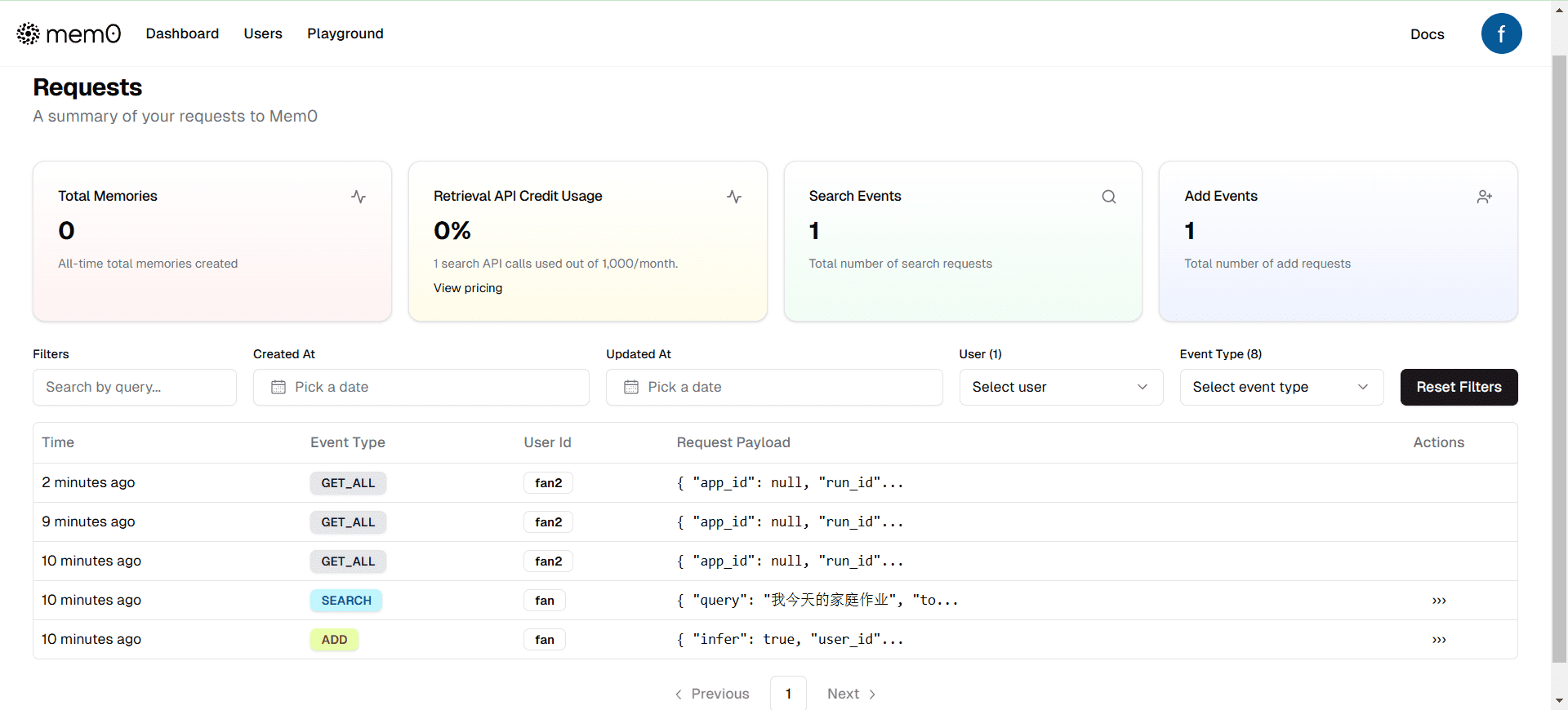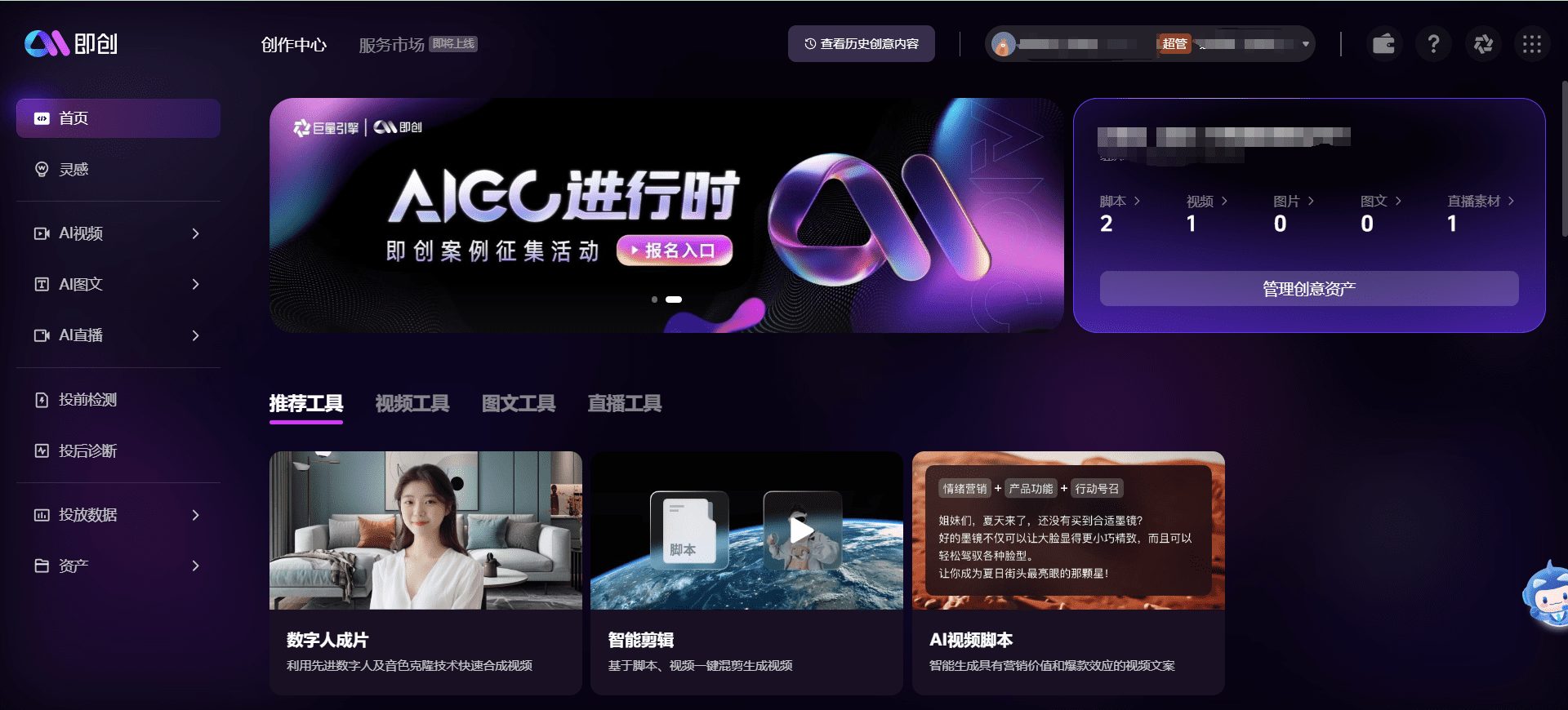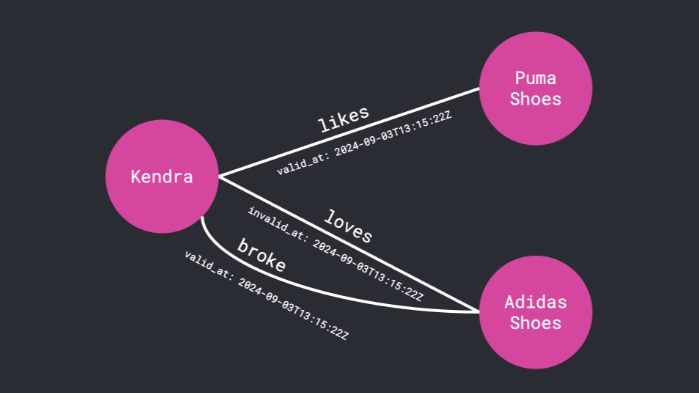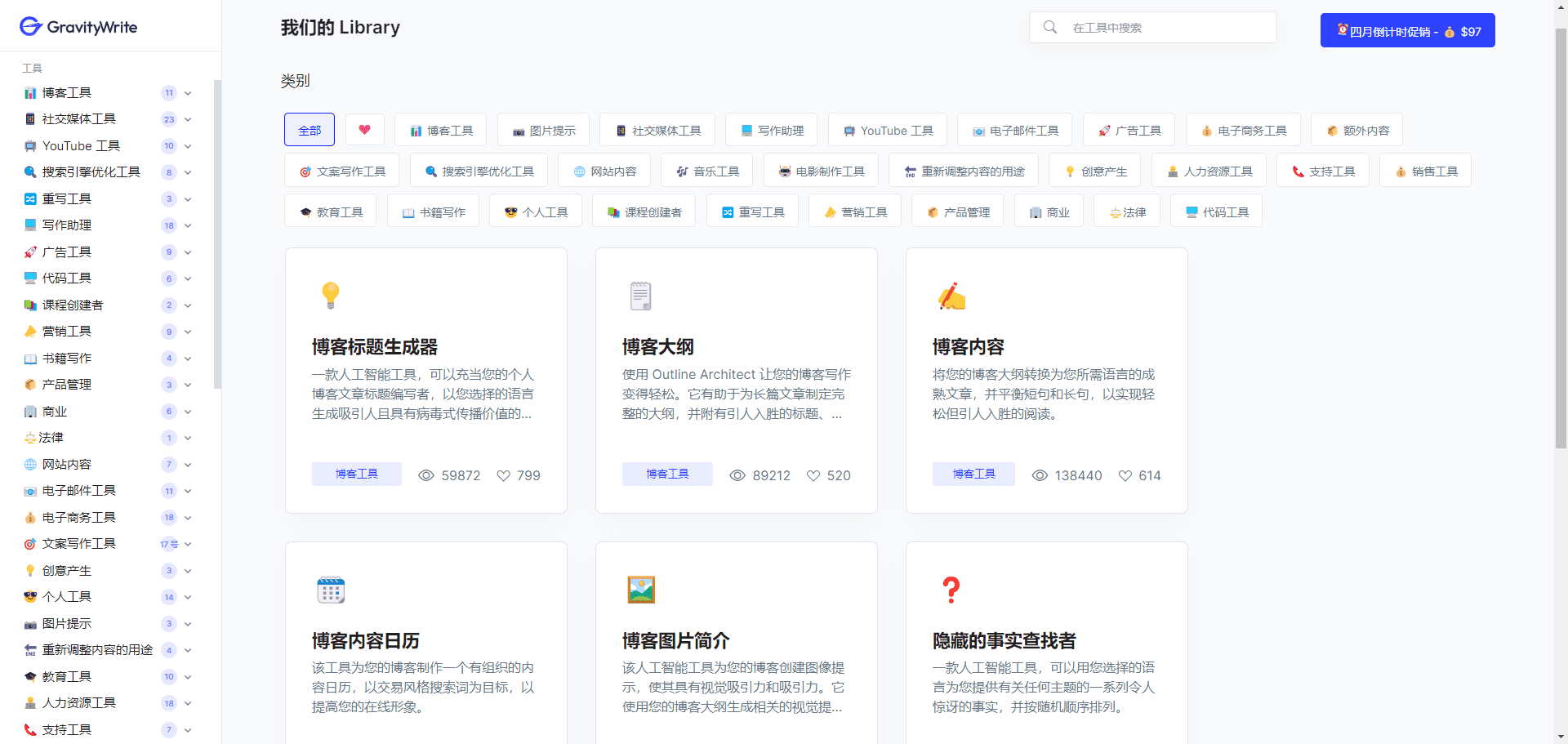Mem0: an open source project that provides an intelligent memory layer for AI assistants and agents
General Introduction
Mem0 (pronounced "mem-zero") is an open source project that provides an intelligent memory layer for AI assistants and agents. It remembers user preferences, adapts to individual needs, and improves over time, making it ideal for customers supporting chatbots, AI assistants, and autonomous systems.Mem0 manages and retrieves the long-term memories of AI agents and assistants through a hybrid database approach that ensures that different types of information are stored in the most efficient way possible, so that subsequent searches are fast and effective.

Function List
- Multi-layered memory: user, session and AI agent memory retention
- Adaptive personalization: interaction-based continuous improvement
- Developer-friendly APIs: simple integration into various applications
- Cross-platform consistency: uniform behavior across devices
- Hosting Services: Hassle-Free Hosting Solutions
Using Help
Installation process
- Ensure that the Python environment is installed.
- Install Mem0 using pip:
pip install mem0ai
Basic use
- Initialize Mem0:
from mem0 import Memory m = Memory() - Stored Memory:
result = m.add("我正在提高我的网球技能。建议一些在线课程。", user_id="alice", metadata={"category": "hobbies"}) print(result) - Retrieve the memory:
all_memories = m.get_all() print(all_memories) - Search for related memories:
related_memories = m.search(query="Alice的爱好是什么?", user_id="alice") print(related_memories) - Updating Memory:
result = m.update(memory_id="m1", data="喜欢在周末打网球") print(result) - Access to memory history:
history = m.history(memory_id="m1") print(history)
Advanced Use
For production environments, you can use Qdrant as a vector store:
from mem0 import Memory
config = {
"vector_store": {
"provider": "qdrant",
"config": {
"host": "localhost",
"port": 6333,
}
}
}
m = Memory.from_config(config)
Support and Community
- Join our Discord or Slack community for support and discussion.
- Visit the documentation for detailed instructions and API reference.
Technical Principles of Mem0
Mem0's technical principles are centered around providing an intelligent, self-improving memory layer for Large Language Models (LLMs) and AI agents. The following is a detailed description of its core technical principles:
core module
Mem0's technical architecture consists of four core modules:
- Embeddings: Converting textual data into vector representations for efficient similarity search and memory storage.
- LLMs (Large Language Models): Generating and processing natural language text using big language models to extract user preferences and memories.
- Memory: Manage and store users' long-term memories, including user preferences, session history, etc.
- Vector Stores: Use vector databases (e.g., Qdrant) to store and retrieve memory vectors, ensuring fast and efficient queries.
Memory extraction and storage
Mem0 realizes the extraction and storage of memories through the following steps:
- Data Embedding: Converts text data entered by the user into a vector representation.
- memory extraction: Use predefined prompts (prompts) to extract valuable mnemonic information, such as user preferences and facts, from text.
- memory storage: The extracted memory information is stored in a vector database for subsequent retrieval and use.
adaptive learning
Mem0 has an adaptive learning capability that continuously improves its personalized memories based on user interactions and feedback. Specifically:
- contextual continuity: Retain information across multiple sessions to ensure continuity and consistency of dialog.
- dynamic update (Internet): Dynamically updating memories in response to new interactions and information keeps them relevant and accurate.
- Priority management: Prioritize recent interactions and gradually forget about outdated information to provide more accurate responses.
Comparison with RAG
Compared to traditional retrieval-enhanced generation (RAG) techniques, Mem0 has advantages in the following areas:
- Entity Relationship Understanding: The ability to understand and relate entities in different interactions, providing deeper contextual understanding.
- real time update: The ability to update memories in real time based on new information and interactions, whereas RAG relies on static data.
Through these technical principles, Mem0 is able to provide AI assistants and agents with an intelligent, personalized memory layer that enables them to excel in a variety of applications.
© Copyright notes
Article copyright AI Sharing Circle All, please do not reproduce without permission.
Related posts

No comments...




